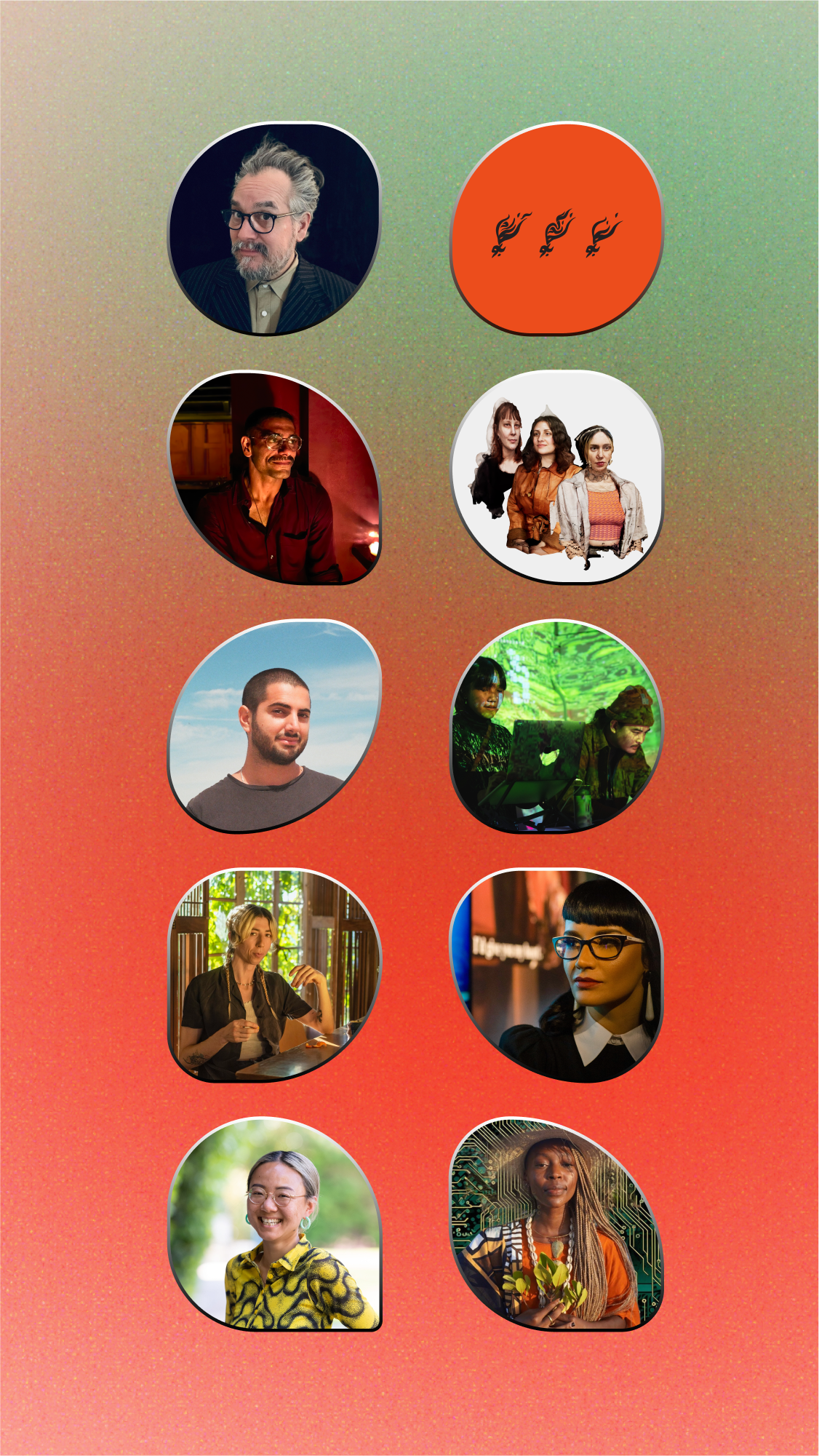

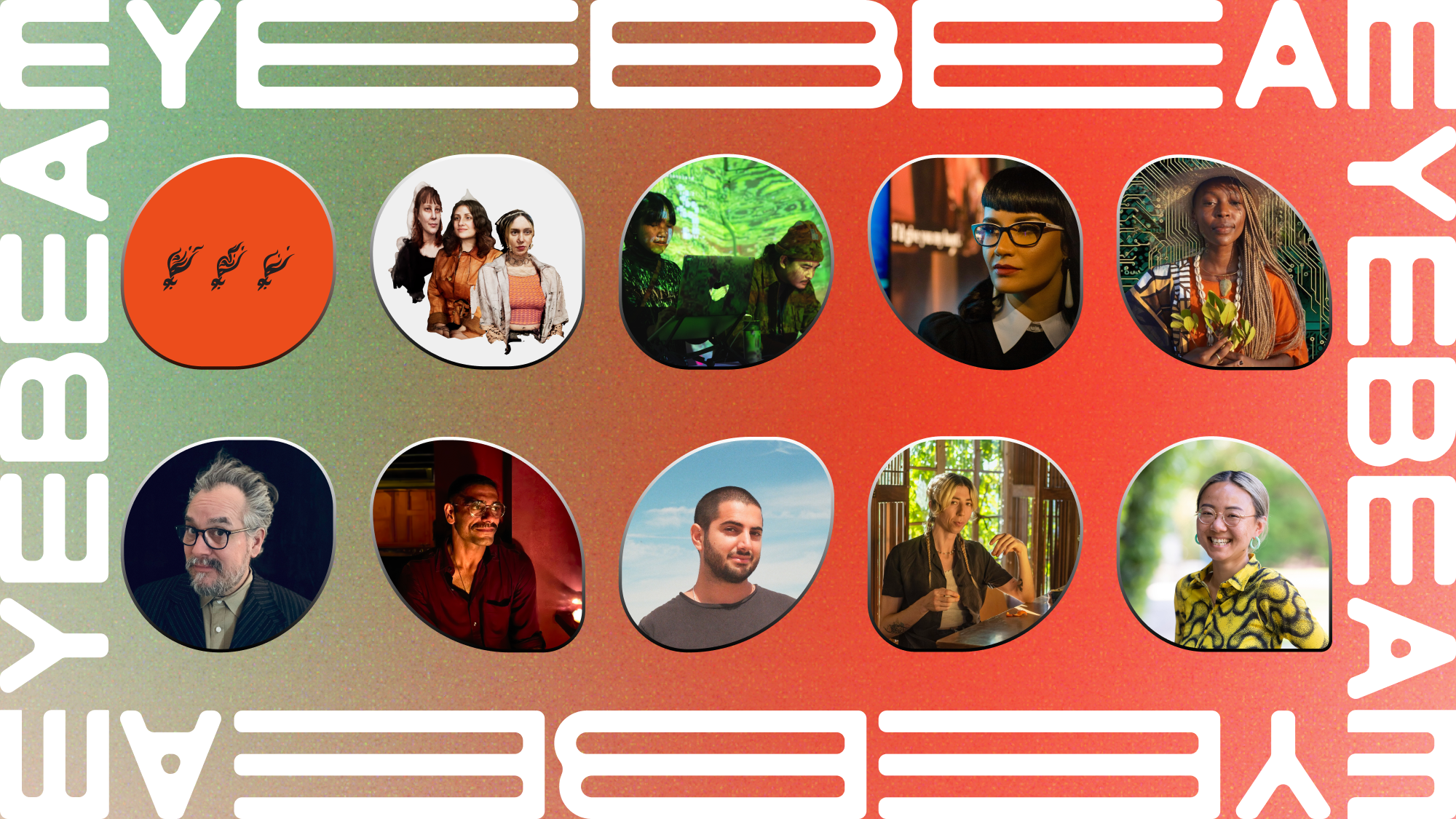



We are tremendously excited to welcome the final cohort of The Democracy Machine, our radical, ambitious multi-year cycle of anti-disciplinary art and activism shaped and led by artists. Launched in 2021, we handed the keys of our flagship fellowship over to artists to unlock ideas and proposals in self-governance, technology, and democracy. But as the explosion of tools that threaten free will and personhood, fueled by algorithmic systems of oppression, continued to spread and proliferate, we issued an urgent open call for a final cohort that will build alternatives which center care, community, and solidarity. Designed closely with our previous cohorts, we asked artists who work in technology focused on decolonization, care, and healing the digital divide, to apply for the third and final season of The Democracy Machine.
Following an extraordinary response from many of you in our community, we recently selected ten artists and activists who create with tech to help us promote the democratization of technological innovation during a period we consider to be a global tech emergency.
This new group—five New York City-based fellows and five others currently based in California, India, Iran, and Taiwan–have already kicked off a six-month digital fellowship. We will help them to realize and launch projects that prioritize human well-being and personal agency while they synthesize the guiding question of our Democracy Machine fellows: How do artists reaffirm their lineage as leaders in the poetic imagination of human/machine relationships? How can joy be built into future technologies? How can artists imagine tech for better futures? Each artist is receiving a $20,000 stipend, working in fellowship to support the development of their projects, and is being provided with access to our network of peers, mentors, and experts in the field, as well as to state-of-the-art partner facilities and resources.
“The stakes are high, and we will leverage all of the resources and partners at our fingertips to invest in this cohort of artists and activists working at the intersection of art, tech, and community so they can build innate humanity into the role that technology plays in all of our lives,” said Roddy Schrock, Executive Director. “This adventurous cycle of art and activism builds on our efforts since the pandemic to explore together with artists the dark frontier of power that commodifies personal information at the expense of democracy and freedom.”
→ For more from our Executive Director, Roddy Schrock writes in this issue of Feed about the new cohort.
“We are in a precarious economy, where one is expected to produce,” said Kemi Sijuwade-Ukadike, Eyebeam Head of Artist Initiatives and Inclusion. “We have invited bold, socially concerned artists to come together in an exchange around technology, democracy, society, and to receive the support they need to imaginatively pursue projects that avert anti-human technologies, and build toward a more humane future.”
Added Ruth Gebreyesus, Eyebeam Editorial Fellow: “The artists we selected are hyper focused on pressing societal issues. Their art practices address the forces that continue to cause harm and abuse, and many of their proposed projects are concerned with memory and how to help us solve against cultural and political amnesia.”
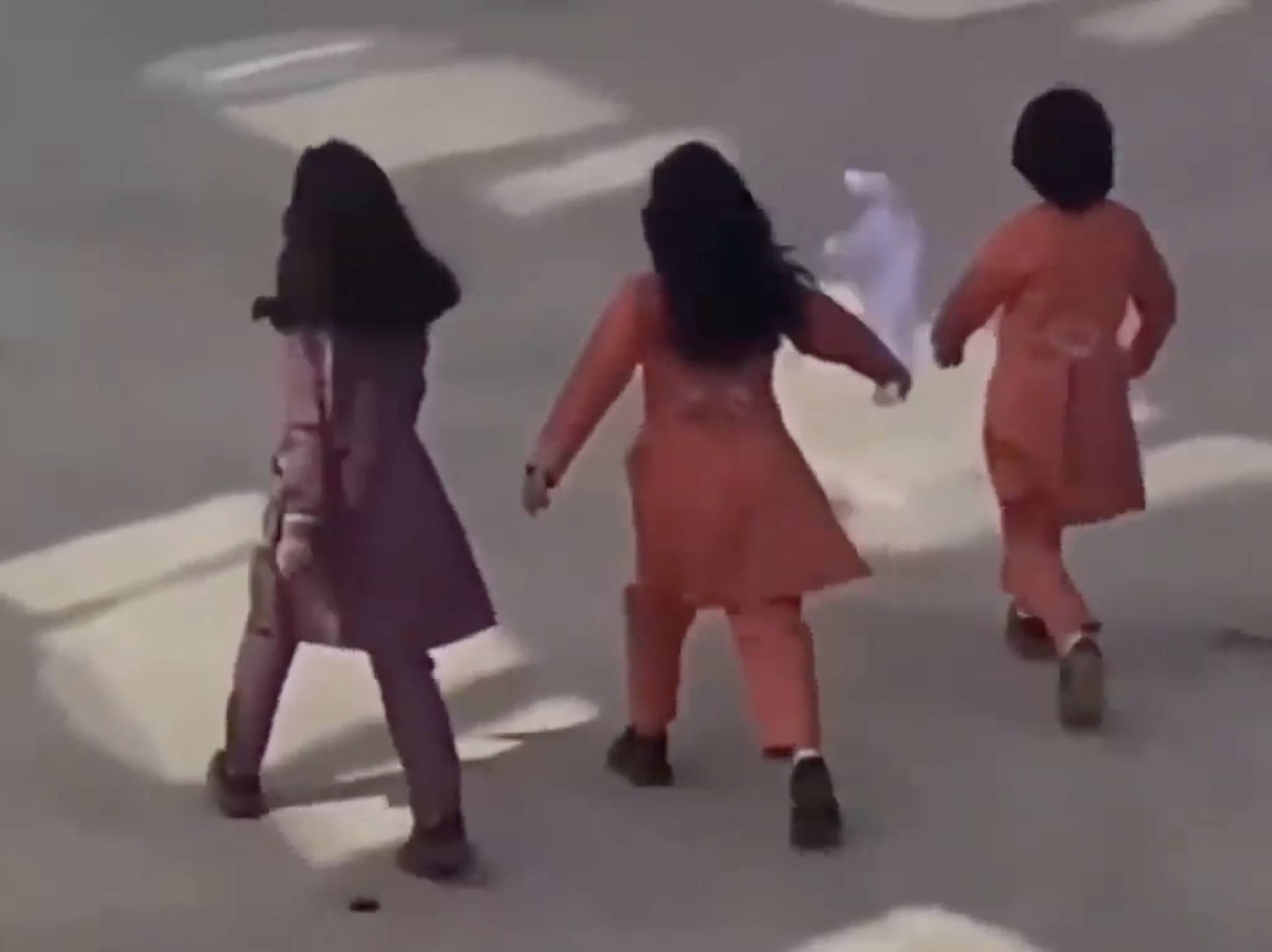
Courtesy of Begoo Collective. Archival Images for the project, ‘Figuring a Womxn’s Revolution: An Archive,’ are taken from various social media platforms following the 2022-2023 Woman Life Freedom uprising in Iran.
As a warm and energetic welcome, and to introduce the cohort, we are launching today a special issue of Feed, our content channel, featuring interviews with alumni from the previous Democracy Machine cohort, along with newly created Artist Profiles of the final cohort in our expanding Artist Directory.
And on the occasion, Eyebeam oral historian Cassie Packard inaugurates an all-new Feed interview column, “From the Studio,” an immersive, in-depth snapshot of what current fellows are thinking about, and making, right at the moment. Packard spoke with members of the anonymous womxn’s collective Begoo, or “speak up,” who collect, label, and chronicle the ongoing visual evidence of Iranian womxn’s embodied gestures of defiance shared on social media platforms. “In a world where archives are frequently imperialist and orientalist,” an anonymous member tells Packard, “we need alternative archives that can work against these dominant patterns and create space for people who are marginalized, silenced, or erased from history.” The interview will also be serialized @eyebeamnyc on Instagram beginning this month.
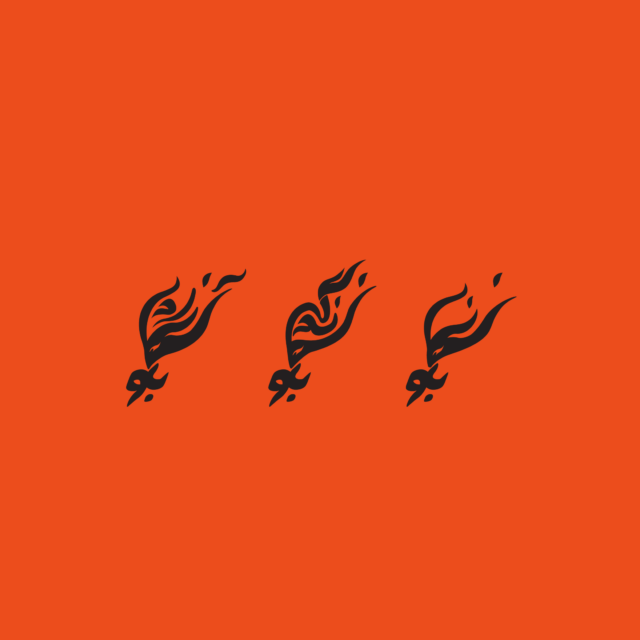
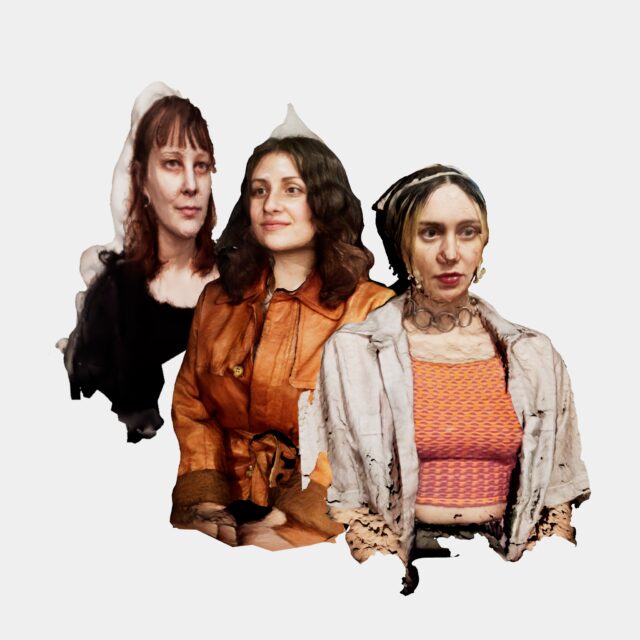
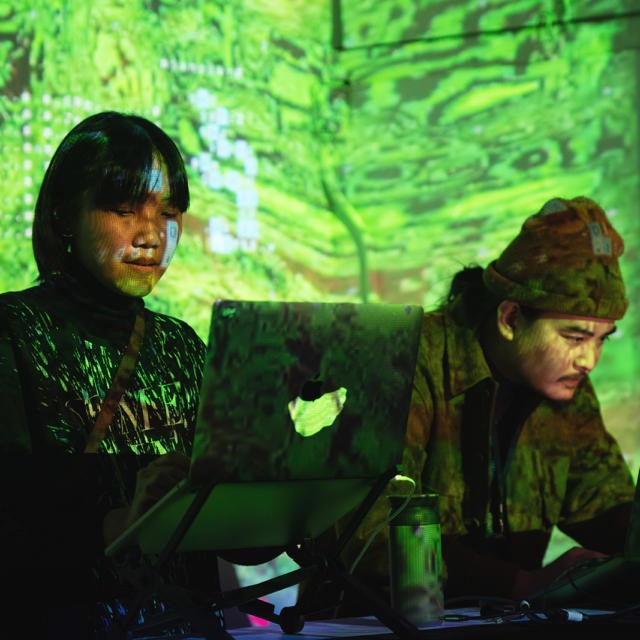
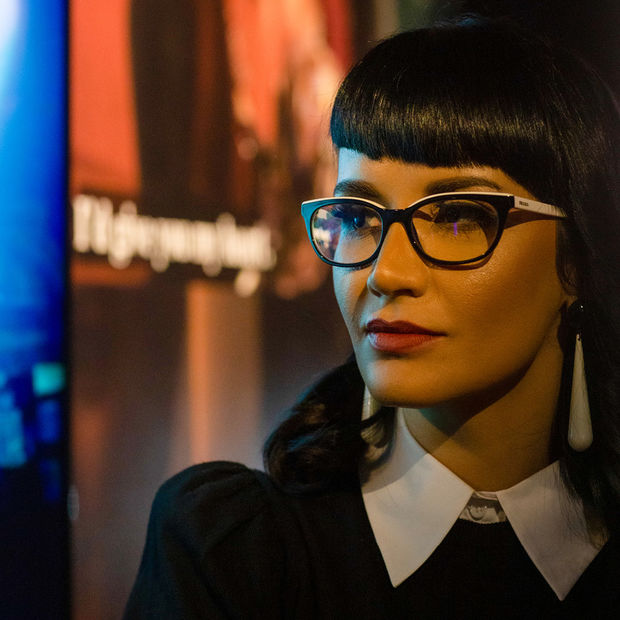
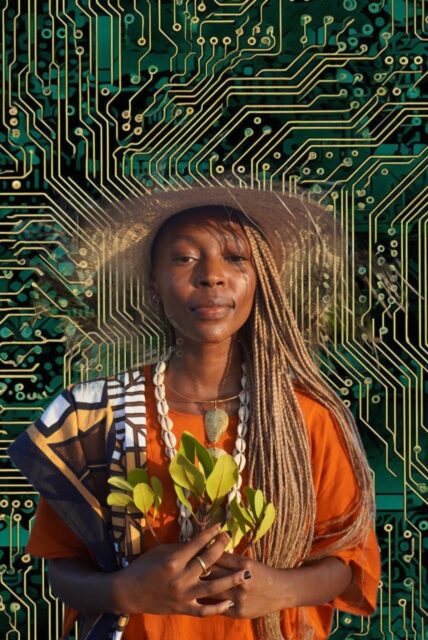
→ Begoo Collective is made up of eight Iranian feminist artists and activists “invested in cultivating a transnational dialogue, particularly among the people of the Global South, and in solidarity with the uprising of the Iranian peoples, especially womxn, the LGBTQ+, and all marginalized communities.” The anonymous collective collects, labels, and chronicles the ongoing visual evidence of Iranian womxn’s embodied gestures of defiance shared on social media platforms.
→ Cripping_CG, featuring artists Nat Decker, Cielo Saucedo, and Olivia Dreisinger, is a collective of disabled artists and access workers researching, creating, and archiving at the intersection of disability and computer graphics whose aim is to “crip the tools of digital production towards a more expansive disability aesthetics within media arts and cultural archiving.” The collective cultivates the crip community, specifically those interested in disabled computer graphics, and empowers its participants to identify inaccessibilities and ableist stereotypes.
→ elekhlekha, อีเหละเขละขละ , featuring artists Nitcha (fame) Tothong and Kengchakaj (keng), is a Bangkok-born Brooklyn-based collaborative artist practice focusing on research that examines and decoded past histories by creating, using code, algorithm, multimedia, and technology to experiment, explore, and define decolonized possibilities. อีเหละเขละขละ is a Thai word that means dispersedly, chaos, unorganized, all over, and non-direction to break free our practices from labeling. Asserting that “for us, tech = tool of expression” and “that we have to hack tech, the art of hacking is very human”; the collective is interested in subversive storytelling using non-dominance sound and visual archives, historical research decoding, and unlearning biases.
→ Mashinka Firunts Hakopian is an Armenian writer, artist, and researcher born in Yerevan and residing in Glendale, CA. She is an Associate Professor in Technology and Social Justice at ArtCenter College of Design. Her work pursues imaginaries of emerging technology that are grounded in ancestral, SWANA (Southwest Asian and North African), and embodied ways of knowing.
→ Neema Githere is a writer, artist, and guerrilla theorist whose work explores love and indigeneity in a time of algorithmic debris. Having “dreamt themselves into the world via the internet from an early age,” Githere’s work prototypes relationality-as-art through experiments that span social design, community organizing, performance lecturing, travel, and image-making.
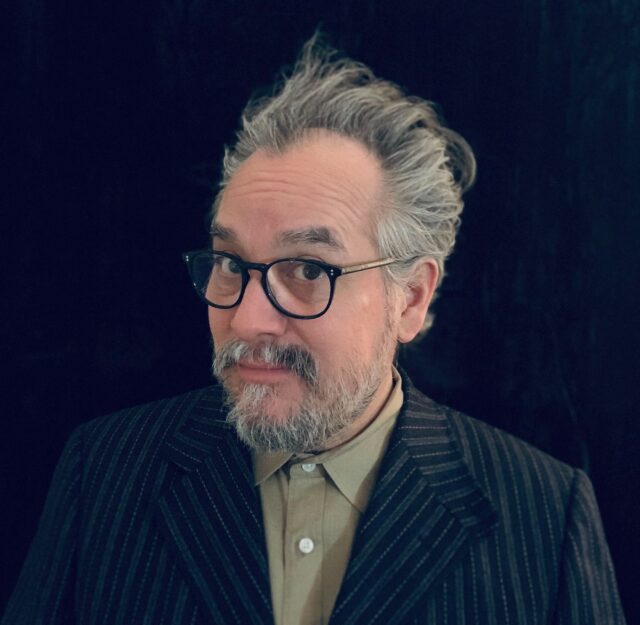
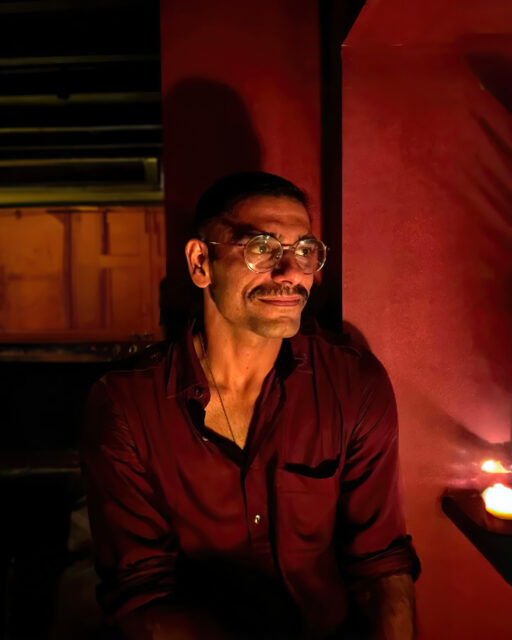
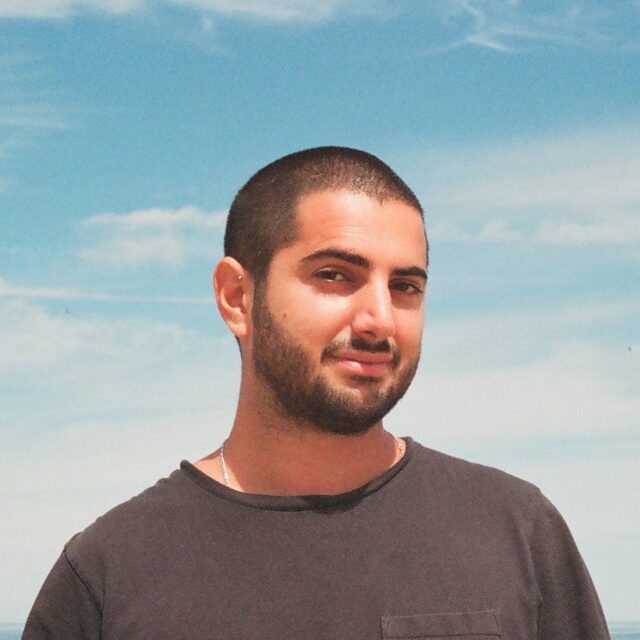
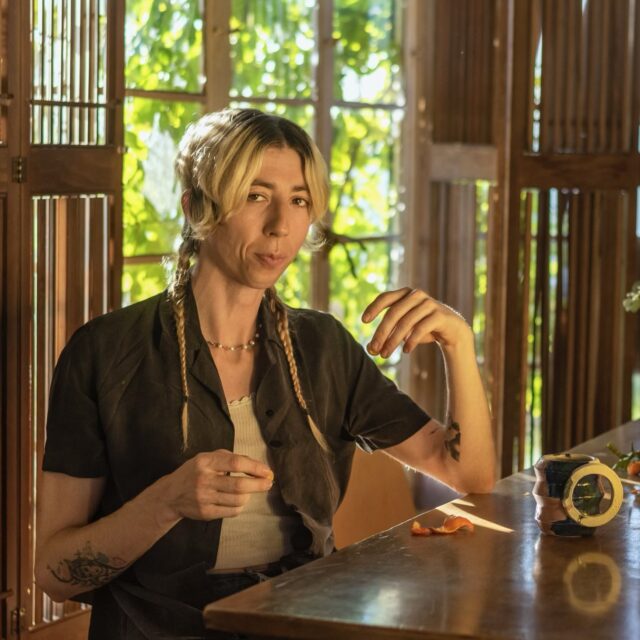
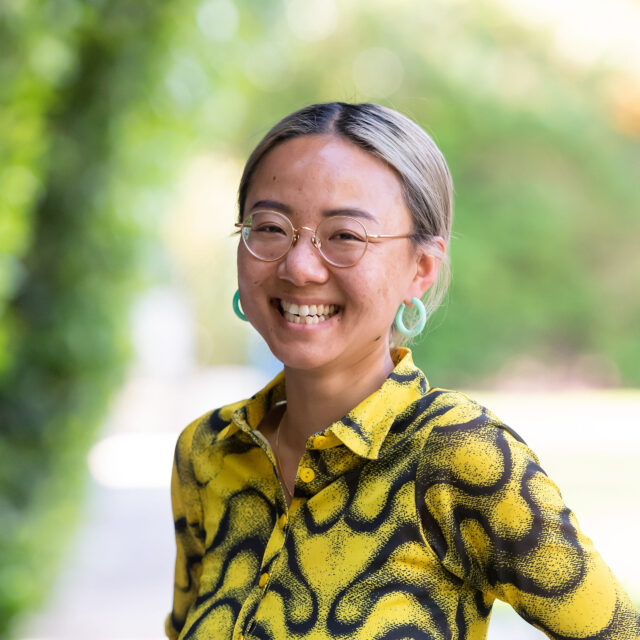
→ Raul Enriquez at Community Tech New York (CTNY), is an artist and educator who believes a classroom should be visceral, safe, and collaborative. At CTNY, Enriquez focuses most of his energy designing & refining Portable Network Kits (PNK) and its accompanying curriculum modules to demystify the basics of wireless networking, local servers, the internet, and solar battery power.
→ Sam Rabiyah is a multidisciplinary technologist and creative based in New York City. He works at the intersection of counter-mapping, data visualization, investigative reporting, and oral history to challenge the boundaries of technology, making it more actionable to movement-based organizers and the public.
→ Sahej Rahal is a storyteller who weaves together fact and fiction to create counter-mythologies that interrogate narratives shaping the present. Rahal’s myth world takes the shape of sculptures, performances, films, paintings, installations, video games, and AI programs that he creates by drawing upon sources ranging from local legends to science fiction, rendering scenarios where indeterminate beings emerge from the cracks in our civilization.
→ Sammie Veeler is a Los Angeles-based artist and organizer examining the political nature of technical infrastructure and the embodied connections between people, which are foundations of collective action. Through installation, poetry, performance, and world-building, Veeler exposes technologically mediated processes of individual and collective becoming. In 2023, Veeler founded the Virtual Access Lab as a non-profit research unit of New Art City, in collaboration with Gray Area. The Virtual Access Lab supports accessible digital culture through software, commissions, and digital preservation.
→ Xiaowei R. Wang, Ph.D. is a California-based artist, writer, organizer and coder. They are the author of the book Blockchain Chicken Farm: And Other Stories of Tech In China’s Countryside, a 2023 National Book Foundation Science and Literature Award winner.
Jury
A diverse jury representing the fields of art and technology selected artists who demonstrate a purposeful relationship to technology, social urgency, and impact. Peter Wu+, Eyebeam alum artist; Miguel Lopez, writer, researcher and curator; Vanessa Cimorelli, curator, La Becque; Jaz Hee-jeong; transdisciplinary researcher; Raul Zbengheci, deputy director, New, Inc.; Maxwell Mutanda, Eyebeam alum artist; Matt Corwine; Microsoft Research, Eyebeam advisory committee; farid rakun, artist, writer, and member of ruangrupa, artistic directors of documenta fifteen; Marton Robinson, Eyebeam Alum Artist; Claudia Hart, Eyebeam alum artist; Cade Diehm, founder, New Design Congress; Melanie Hoff, Artist, SFPC co-director, and HexH0use, co-founder; Sky Goodden, Momus; Zeina Baltagi, Eyebeam alum artist; and Pelenakeke Brown, Eyebeam alum artist.
Acknowledgement
Eyebeam builds on the extraordinary, foundational generosity of The Andrew W. Mellon Foundation and Ford Foundation in bringing this innovative program to life.